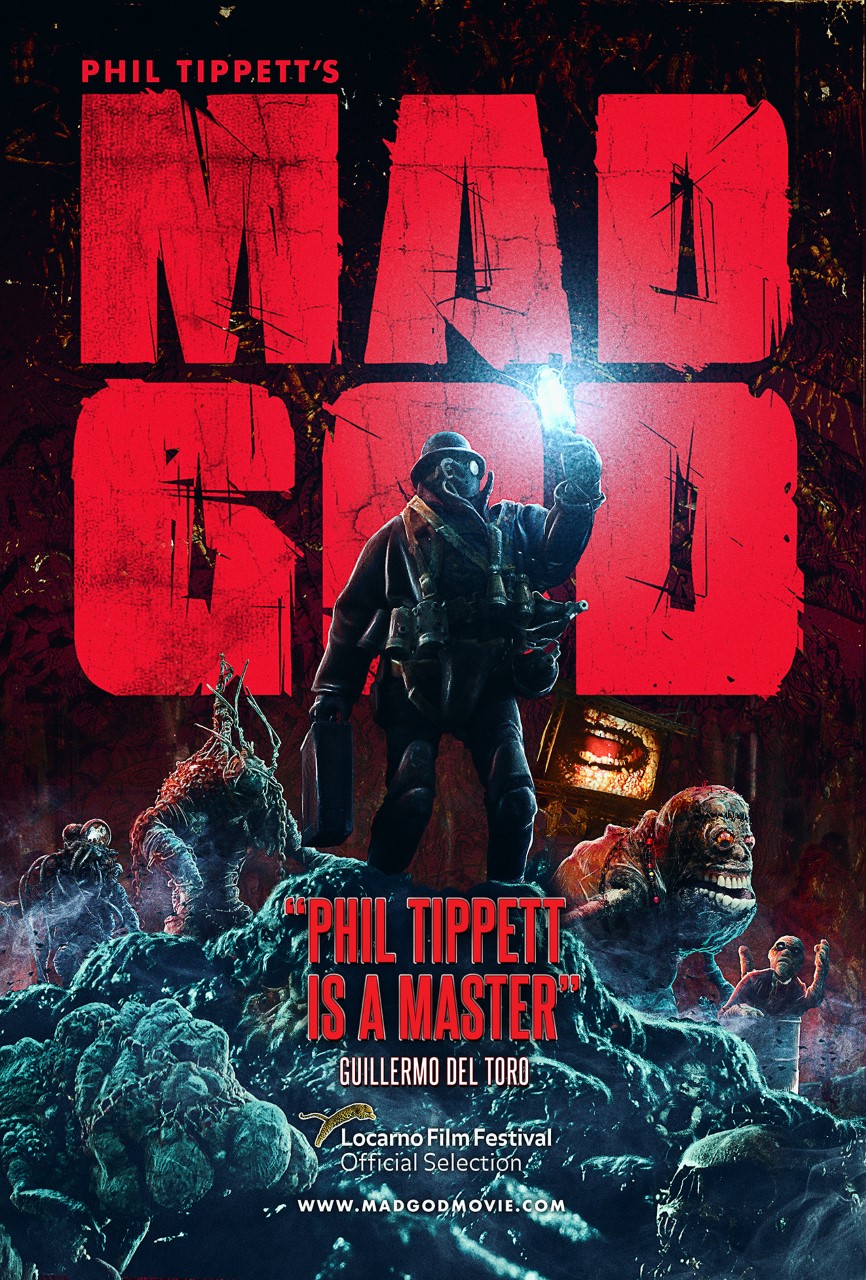
The Mortal Kombat games (and especially the 1995 film) have largely managed to strike a balance between being brutal and campy. Characters can be ripped apart in any number of creatively horrific ways and pixelated cutouts of sound designer Dan Forden occasionally appear to celebrate the player’s skill with a shout of “Toasty!” This balance, unfortunately, is lost on 2021’s Mortal Kombat and Benjamin Wallfisch’s score. Both the film and its music try to come off as serious with a smirk, but instead find themselves with a scowl.
The film’s opening moments are an effective subversion. A quiet, bucolic day at home for Hanzo Hasashi in Edo period Japan. Gentle music filters overtop as Hanzo spends time with his wife and children in what could pass for an intimate period drama. We know that, at any moment, everyone is going to die (it is Mortal Kombat, after all), but the music lulls us into such a daze that we’re willing to forget this eventuality. The trance breaks when the violence arrives and Wallfisch’s score changes gear. While relentless modern percussion and electronics in 17th century Japan is jarring, Wallfisch deftly matches the pacing and choreography of these initial fights, making the palette choice almost irrelevant. Unfortunately, the film and score falter from here.
The rest of Mortal Kombat effectively has two phases: violence and the precipice of violence. Because an action sequence is always near, Wallfisch’s score generally maintains the style and intensity of those Edo period fights. It is a constant din of lifeless sound: electronic roars and battering percussion. In bursts it could be effective, but when used constantly it becomes little more than white noise; the dull drums doldrums. It often completely drowns out fight sequences (such as main character Cole Young’s early MMA fight or the group fight against Reptile), making them feel detached and inconsequential. Even the more intimate moments with their hints of melody become consumed, destroying what little chance of emotional connection may have been possible. To make things worse, aspects such as acting, choreography, and editing are already weak – they simply can’t afford further erosion.
Wallfisch does add some character to the score, primarily through homages to the series’ iconic music. It’s fun hearing some iconic motifs tastefully modernized from their utterly dated mid-90s techno form, but that style was also part of the charm. Here they still work as notable motifs, but that character has largely been stripped away. However, this isn’t universal. The first set of training fights features striking synth lines that, while jarring, are also a pleasant surprise (a more cultured listener might be able to place them in a past game or movie, but this philistine will only assume they come from somewhere in the series). The best musical wink comes in the film’s final minutes, when a few slowed down notes of the original “Techno Syndrome” play to introduce a certain character. It’s a great example of the general levity the film and its score needed.
One wonders what happened here, as Benjamin Wallfisch is ordinarily very reliable and one of today’s better big budget composers. Frankly, there are myriad variables that affect a final score, many of which are out of a composer’s hands. Considering Warner Brothers fully intends on additional films in the series, perhaps those later films (and their music) will find their footing.



